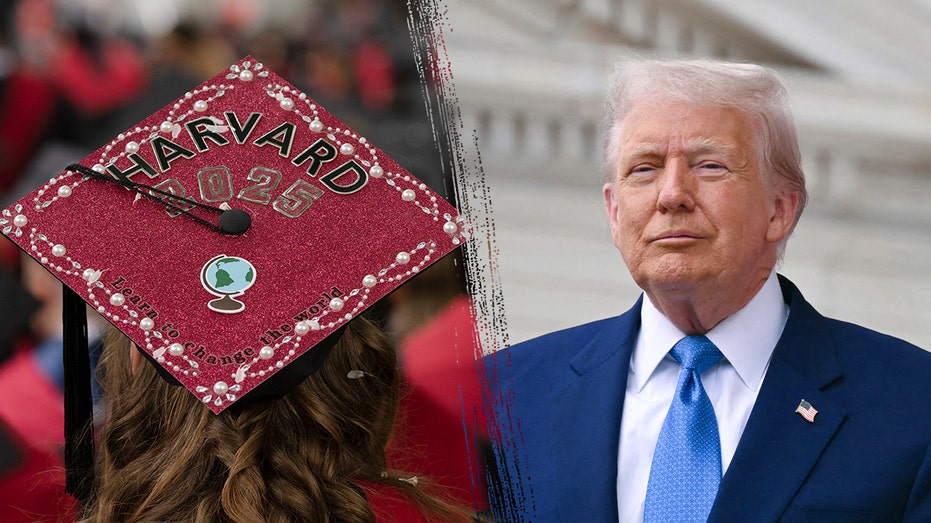Harvard Sues Trump Administration Over Foreign Student Ban, Calls It a 'Government Vendetta'
Harvard sues Trump administration over visa ban, accusing it of political retaliation against international students.

Harvard University escalated its legal fight against the Trump administration on Thursday, filing an amended complaint in federal court that calls the administration’s recent visa restrictions for foreign students “unconstitutional.” The policy at the center of the lawsuit bars entry to the United States for students holding F and J visas if they plan to attend Harvard, a move the university says could devastate the lives of thousands of students, their families, and dependents.
Harvard contends that more than 7,000 of its students rely on these nonimmigrant visas. Without the appropriate documentation, students cannot travel to the U.S. to study, teach, or contribute to academic research. The ban extends beyond just the students, affecting spouses and children who might depend on their presence in the country. According to the university’s filing, the proclamation “lacks any lawful basis,” and stands apart from prior restrictions that applied broadly to groups of immigrants or nonimmigrants. Instead, it “singles out” those bound specifically for Harvard, the complaint alleges, calling the move a “government vendetta.”
The case stems from a series of demands delivered to the Ivy League institution in April by a federal task force led by the Trump administration. These included requirements for ideological screenings, quotas for viewpoint diversity in hiring and admissions, and even proposed punishments for student activist groups. The government also demanded ongoing reports on foreign funding and greater oversight of Harvard’s internal policies. When university officials refused to comply, the administration retaliated by freezing $2.2 billion in research funding—a move that left faculty and students in limbo.
The standoff quickly intensified as the White House threatened Harvard's federal funding and tax-exempt status, with Donald Trump attacking the university publicly on social media. The Department of Homeland Security also stepped in, revoking Harvard's SEVP (Student and Exchange Visitor Program) certification—a critical designation enabling the university to host international students—before a federal judge intervened to block the decision. Despite the injunction, Harvard claims the administration is now attempting to achieve through this new proclamation what courts have already disallowed.
Government officials maintain that Harvard failed to adequately report details about its international student body, a claim the university denies, stating all required records have been submitted and that the revocation was undertaken under false pretenses. “There is no lawful justification for the government’s unprecedented actions,” Harvard asserted in its latest court filing. Prominent attorney Robert Hur, known for his role as special counsel in the Biden classified documents investigation, is representing the university in this high-profile case.
In response to the lawsuit, Department of Homeland Security Assistant Secretary Tricia McLaughlin defended the administration’s stance, stating, “It is a privilege, not a right, for universities to enroll foreign students.” She emphasized the administration’s commitment to “restoring common sense” to the student visa program, adding that the President’s constitutional powers would not be undermined by lawsuits.
The uncertainty has left tens of thousands of international students across the country in limbo. Jing, a 23-year-old graduate student in Asia, reflected the deep anxiety many feel: “It is tiring; we all feel numb now.” Yonas Nuguse, a recent admit from Ethiopia who overcame civil conflict and school closures, expressed hope that the dispute would be resolved before the academic year begins, saying, “I hope the situation is temporary and I can enroll on time.”
With the legal confrontation still unfolding, the future for Harvard’s international students—and the broader question of university autonomy in the U.S.—remains uncertain. The outcome will likely shape higher education policy and immigration debates for months to come.




